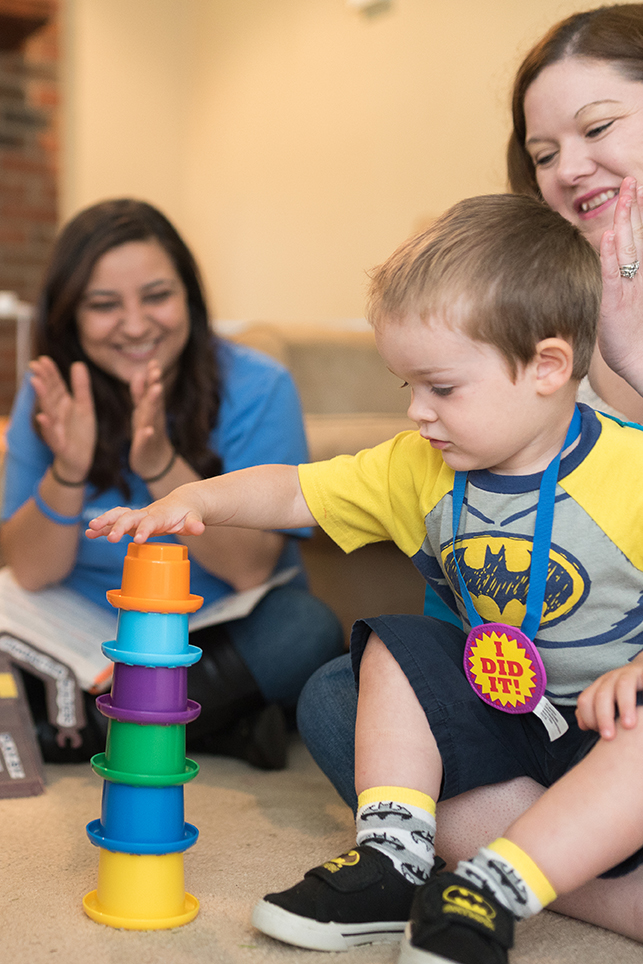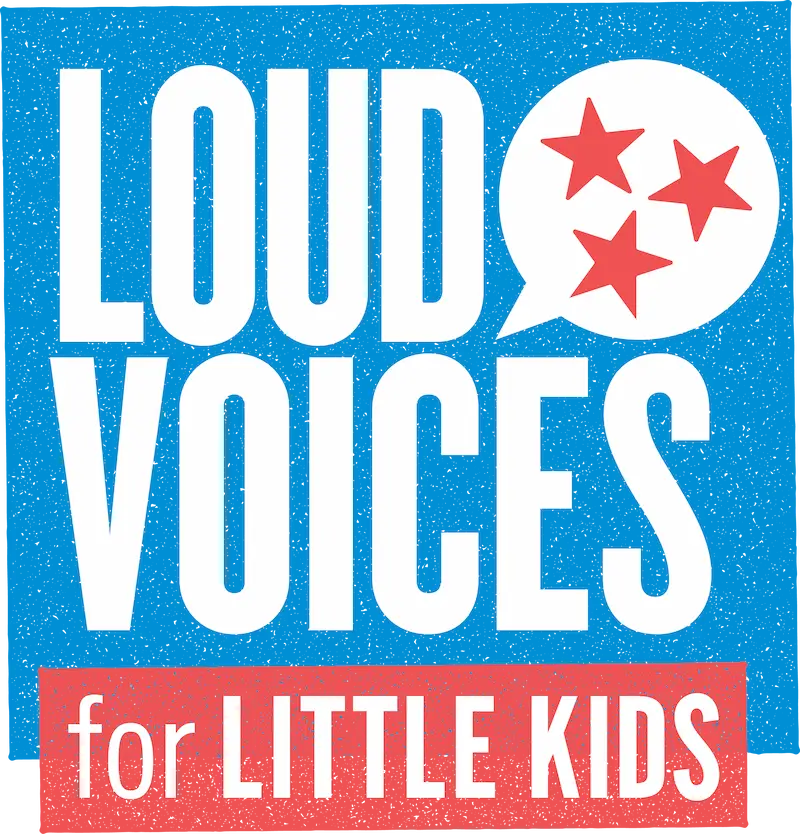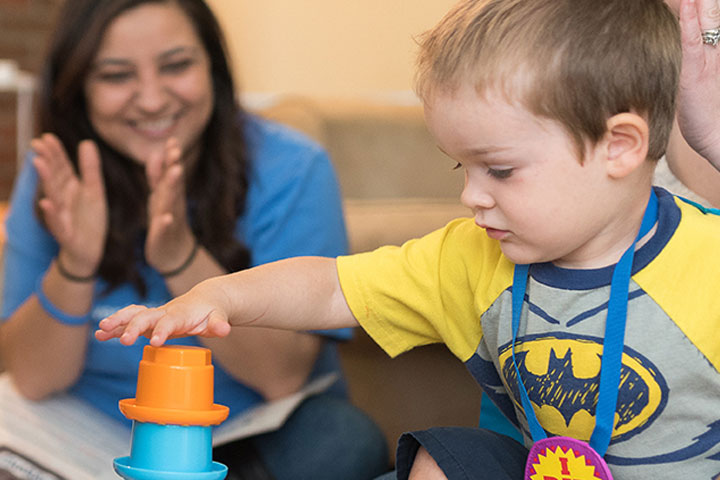Take a step back from the compelling financial return on investment of evidence-based home visiting (EBHV) policy to study the true impact of this vital program through the lives of Tennessee children.
While home visiting boasts a remarkable $5.70 positive return for every $1 investment, it’s most powerful performance measure is best viewed via the experiences of thousands of Tennessee children around the state whose lives – and futures – are improved.
Home visiting is a voluntary program that works by deploying professionals to visit families in their homes to coach parents on how to support their child’s healthy development as well as offer connections to additional community resources and services to meet their child’s health, developmental and learning needs.
This evidence-based solution has repeatedly proven to strengthen bonding between mothers and infants, improve parenting skills, reduce abuse and neglect, improve health of parents and babies, and ready children for their school years.
The experiences told by Hunter and his mother Tyne , and Itzel, Carlos and Alia , and, through a terrific report in The Commercial Appeal by Jennifer Pignolet, the story of Shante and Ja’Mykal , illustrate the amazing impact of home visiting. Their stories demonstrate the real bottom line – home visiting works. By voluntarily accessing local community home visiting resources, parents are placing their children on a path to life-long success.
The preservation and expansion of these vital programs is essential for Tennessee’s most vulnerable children and families, but there are still far too many families with no access to help. At the current level of funding, Tennessee can provide home visiting services to only 1.7% of the children who would qualify for services. And of the 95 counties in Tennessee, 45 counties have no home visiting services at all.
Below are some of the stories that take us beyond ROI:
Sometimes a picture says a lot.
Hunter is building a tower out of colored blocks with his mom and his friend Tevri at home. It’s a photo that was years in the making, in part because of his involvement in one of Prevent Child Abuse Tennessee’s most successful development programs. The “I did it” badge he’s wearing reflects the confidence and accomplishment Hunter has experienced through his family’s participation in the program.
After she became pregnant, Hunter’s mother Tyne was referred by a friend to Healthy Families Tennessee, a home visiting program that provides weekly support for parents from pregnancy through when their child enters kindergarten. That’s how she met Tevri, a PCAT visitor.
“[Tevri] would just come once a week and she would go over where I should be at in my stage of pregnancy and just help me get ready for the baby,” Tyne says. “And then after Hunter was born, she would still come by on a weekly basis and teach me about his milestones.”
As Hunter got older, Tevri would mark his progress on everything from word acquisition to motor skills, often working with Hunter outside, drawing shapes with sidewalk chalk and mastering colors. The program provides what Tyne calls a “full spectrum,” helping her son master everything from letters and numbers, to recognizing emotions, to how to deal with them effectively.
Read the rest of Hunter’s story.
Itzel is protective of her mother today, forgiving her with words even though she didn’t have the easiest childhood.
“My mom didn’t know any better and she definitely didn’t have anyone to turn to,” she says.
Itzel’s mother called her names and made her daughter feel unwanted and unloved. It’s tough to grow up strong when you are neglected and told that you are a burden.
As a young adult, Itzel found support four years ago at a community baby shower on the Tennessee State University campus. Newly pregnant and “completely scared,” she learned about Healthy Families, an evidence-based home visitation (EBHV) program from Prevent Child Abuse Tennessee (PCAT) designed to support parents from pregnancy through kindergarten.
Determined to be a better mother than her own, Itzel was attracted to an opportunity through Healthy Families to obtain strong parenting skills and to make certain her daughter has a bright future.
Read the rest of Itzel’s story.
After three years, Cassandra Ruffin knows the first rule of visiting the Dennard family.”You cannot come into this home with only one book,” Ruffin said.
So although she’s there specifically to check in on 3-year-old Ja’Mykal, she arrives at the Oakhaven town home with a bag of children’s books for the boy and his two older siblings.
The three children sit on the edge of a tan couch and the carpeted living room floor, tearing into a picture book about a bumpy pumpkin and a Disney-themed alphabet paperback. Their mother, 33-year-old medical assistant Shante Dennard, helps Ja’Mykal turn the pages and reads aloud to him.
It’s that interaction that Ruffin wants to see between Dennard and her children.
Ruffin is a parent educator with Porter-Leath, an early childhood organization in Shelby
County. She’s known the Dennard family since before Ja’Mykal was born.
The family is part of a bi-weekly home visitation program called Parents As Teachers that provides social services and support to about 300 clients with young children, all done out of the client’s home. Many families, but not all in the program, live below the poverty line.





